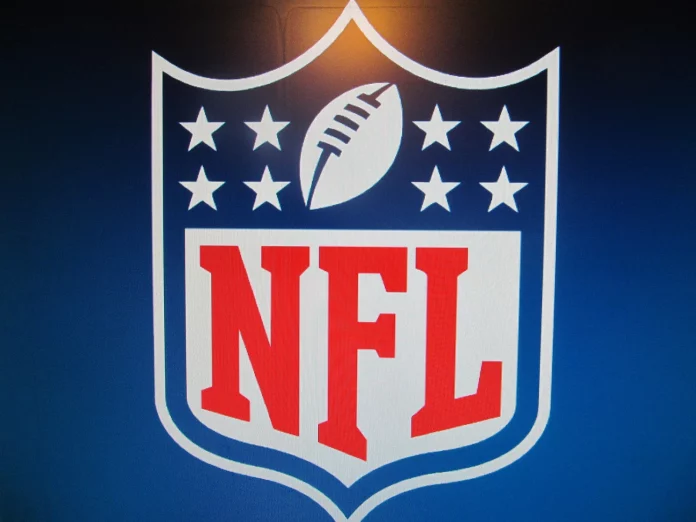The Tenure of Paul Tagliabue Defined by Stability, Strategy, and Big Money
Paul Tagliabue did what needed to be done to be a successful sports league commissioner. Tagliabue, who recently passed away at the age of 84, stepped into one of the most challenging roles in American sports when he replaced the legendary Pete Rozelle. Following Rozelle was no easy act, but Tagliabue understood the essential truth of the job: make the owners money, protect the league’s interests, and keep the machine running smoothly. By that metric—and many others—Tagliabue excelled.
One of the biggest turning points of his tenure came in 1993, when Rupert Murdoch’s FOX network was struggling to stay alive and searching desperately for a programming identity. Murdoch needed a major sports property to legitimize his young network, and he shocked the industry by outbidding CBS for the National Football Conference television package. Murdoch made a massive gamble. Tagliabue took the money, and the NFL walked away with a financial windfall. FOX, in turn, took over a series of CBS affiliates and reshaped American television, giving those stations shows like The Simpsons and Married With Children while CBS lost 60 Minutes in several major markets.
Labor Peace and Legal Battles Shaped the League’s Growth
Tagliabue’s relationship with the National Football League Players Association Executive Director Gene Upshaw also became a defining factor of his era. While the two never publicly detailed the mechanics of their working relationship, it was clear they had an understanding that benefitted both sides. The NFL enjoyed unprecedented labor peace, despite a series of complex legal rulings—most notably a court-ordered form of free agency—that changed the business structure of the league. Instead of chaos, the NFL kept moving forward, stabilizing its economic structure and keeping players and owners aligned enough to avoid major disruptions.
Expansion, Relocation, and an Evolving NFL Landscape
The 1990s also became an era of franchise movement and expansion under Tagliabue. In 1995, Al Davis took the Los Angeles Raiders franchise back to Oakland. That same year, Georgia Frontiere moved her Los Angeles Rams to St. Louis. Not long after, Art Modell uprooted the Cleveland Browns franchise for Baltimore in 1996. In 1997, Bud Adams relocated the Houston Oilers to Tennessee.
The moves triggered political battles as well. The city of Cleveland sued the NFL, ultimately forcing the league to promise a return to the city—leading to a 1999 expansion team. Earlier in the decade, the league added franchises in Charlotte and Jacksonville, continuing its push into new markets.
By 1999, the NFL sought a 32nd team and hoped desperately to reenter Los Angeles. With no stadium deal available, the league instead awarded the franchise to Houston.
A Commissioner Who Delivered
Tagliabue retired in 2006, leaving behind a league richer, more stable, and more nationally dominant than when he arrived. Above all else, he made the NFL owners money—and in their eyes, that made him a success.
Evan Weiner’s books are available at iTunes – https://books.apple.com/us/author/evan-weiner/id595575191
Evan can be reached at evan_weiner@hotmail.com

Paul Tagliabue







